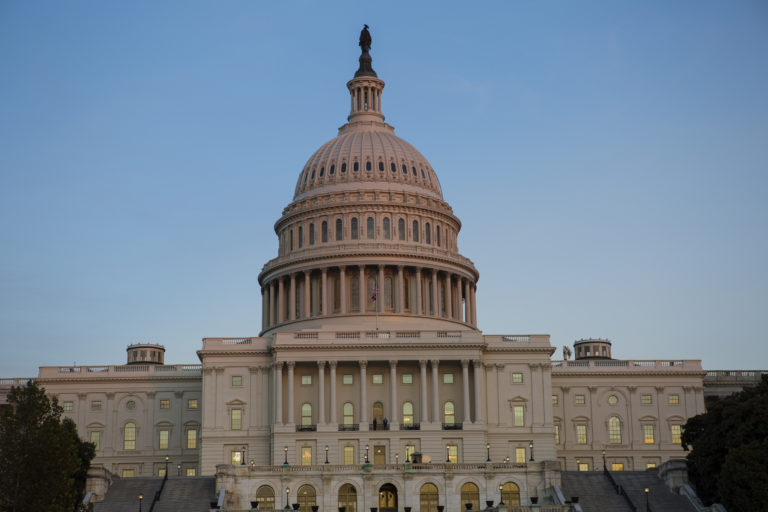


FLORIDA: The Gold Standard
Florida shows that a state-level REINS policy works, demonstrating that increased legislative oversight can help slow the growth of government. Florida’s policy requires legislative approval before the rule can take effect for rules that adversely affect the economy or increase regulatory costs by at least $1 million over five years. Under REINS, the governor can work to deregulate without legislative approval, but agencies creating new costly regulations must work with the legislature. Since passing a REINS policy in 2010, the number of new rules proposed in Florida has plummeted each year, with the annual average reaching a record low in 2022. This can help pro-reform governors prioritize their deregulatory efforts by blocking rogue bureaucrats.

WISCONSIN: High Cost Metric, But Still Requires Oversight
In Wisconsin, rules with $10 million in costs over the course of two years can only take effect if lawmakers pass new legislation authorizing those regulations. The legislature’s Joint Committee for Review of Administrative Rules may also indefinitely object to a proposed regulation, blocking the rule until lawmakers pass new legislation authorizing it.

WEST VIRGINIA: All Rules Get Approved
In Wisconsin, rules with $10 million in costs over the course of two years can only take effect if lawmakers pass new legislation authorizing those regulations. The legislature’s Joint Committee for Review of Administrative Rules may also indefinitely object to a proposed regulation, blocking the rule until lawmakers pass new legislation authorizing it.


- An agency provides a statement of estimated regulatory costs to the Indiana legislature for rules costing more than $1 million over two years.
- If a proposed high-cost rule meets that threshold, state legislators would have to affirmatively support it with a bill authorizing it to move forward.
- This check would happen before bureaucratic agencies can impose them on the public.
** This policy would not codify a regulation into statute. Instead, it adds an extra step to the rulemaking process for certain million-dollar regulations, protecting Indiana taxpayers and bringing accountability to



